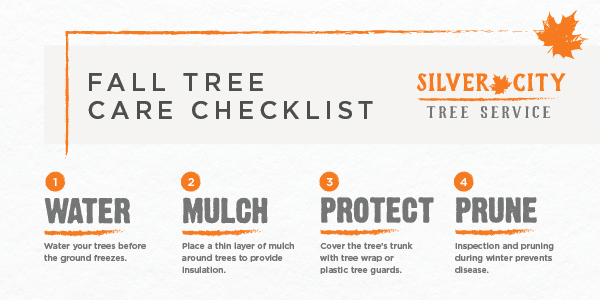Recognizing The Environmental Consequences Of Tree Removal: Crucial Info For You
Recognizing The Environmental Consequences Of Tree Removal: Crucial Info For You
Blog Article
Article Author-Juarez Cochrane
When it concerns the ecological impact of tree removal, there are essential elements that require your focus. From the elaborate internet of partnerships within ecological communities to the succeeding impacts on environment patterns, the repercussions are extensive. You might be surprised to discover the intricate ways in which the removal of trees can reverberate throughout the atmosphere. Remain tuned to unwind the complex links and implications of this relatively straightforward act.
Deforestation and Environment Loss
Deforestation and habitat loss are important problems coming from tree removal. When trees are cut down, it interrupts whole ecosystems. Not only are the trees themselves shed, however the homes and food sources of many plant and pet types are destroyed as well. Birds lose their nesting websites, creatures lose their shelter, and insects shed their habitats. The impacts surge through the food web, impacting predators and target alike.
Furthermore, deforestation contributes to climate change. Trees play an essential function in absorbing carbon dioxide, a greenhouse gas that traps warm in the atmosphere. With https://www.pleasantonweekly.com/news/2020/08/31/pleasanton-residents-oppose-removal-of-tree-that-city-officials-call-a-public-safety-hazard , there's less co2 absorption, causing increased levels of this gas in the ambience and worsening international warming.
Environment loss is a direct outcome of logging, as the damage of woodlands suggests the loss of one-of-a-kind and varied ecological communities. Numerous varieties are not able to adapt to fast adjustments in their atmosphere, resulting in populace declines and, in some cases, extinction.
Protecting woodlands is essential to preserving the delicate equilibrium of nature and guaranteeing the survival of many plant and pet varieties.
Impact on Biodiversity
The removal of trees has a considerable impact on biodiversity, influencing the variety and wealth of plant and animal types in an area. Trees supply environment and food sources for various microorganisms, from bugs to birds to creatures. When trees are eliminated, these species shed their homes and resources of sustenance, causing a decline in their populations. This disturbance can have cascading impacts on the whole ecosystem.
Additionally, trees play an important duty in maintaining biodiversity by creating microhabitats within their covers, trunks, and origins that sustain a vast array of types. When trees are lowered, these specialized environments are ruined, lowering the overall variety of the location.
In addition, the removal of trees can lead to a decline in hereditary diversity within plant populaces, as specific tree species might no longer be able to replicate or distribute successfully. Protecting trees and forests is necessary for preserving biodiversity and ensuring the wellness of ecosystems for future generations.
Dirt Erosion and Environment Change
With trees being removed from a location, the interruption of soil structure and security occurs, causing increased soil disintegration. Trees play an important duty in avoiding disintegration by holding soil in place with their root systems. When trees are gotten rid of, specifically in large numbers, the soil becomes much more prone to disintegration from wind and water. This erosion not only impacts the immediate environments however can also bring about sedimentation in neighboring water bodies, influencing water top quality and water environments.
Furthermore, trees assist manage the climate by taking in co2 during photosynthesis. When trees are reduced, this natural carbon sink is diminished, contributing to increased degrees of greenhouse gases in the atmosphere. Tree And Shrub Removal Service can intensify environment modification, leading to even more extreme climate occasions and disturbances in environments worldwide.
Consequently, the removal of trees not only increases dirt erosion but likewise contributes in the bigger ecological problem of climate adjustment. It's essential to think about these factors when evaluating the effects of tree removal on the setting.
Conclusion
Since you understand the ecological effect of tree removal, think about the consequences prior to lowering trees. Logging disrupts ecological communities, decreases biodiversity, and contributes to soil erosion and climate adjustment. By bearing in mind the influence of tree removal, you can aid protect our environment and maintain the fragile equilibrium of nature. Make educated selections and think about different services to reduce the unfavorable effects on our planet.
